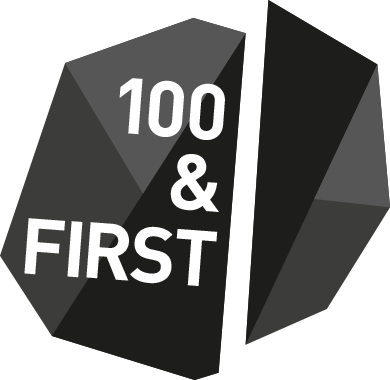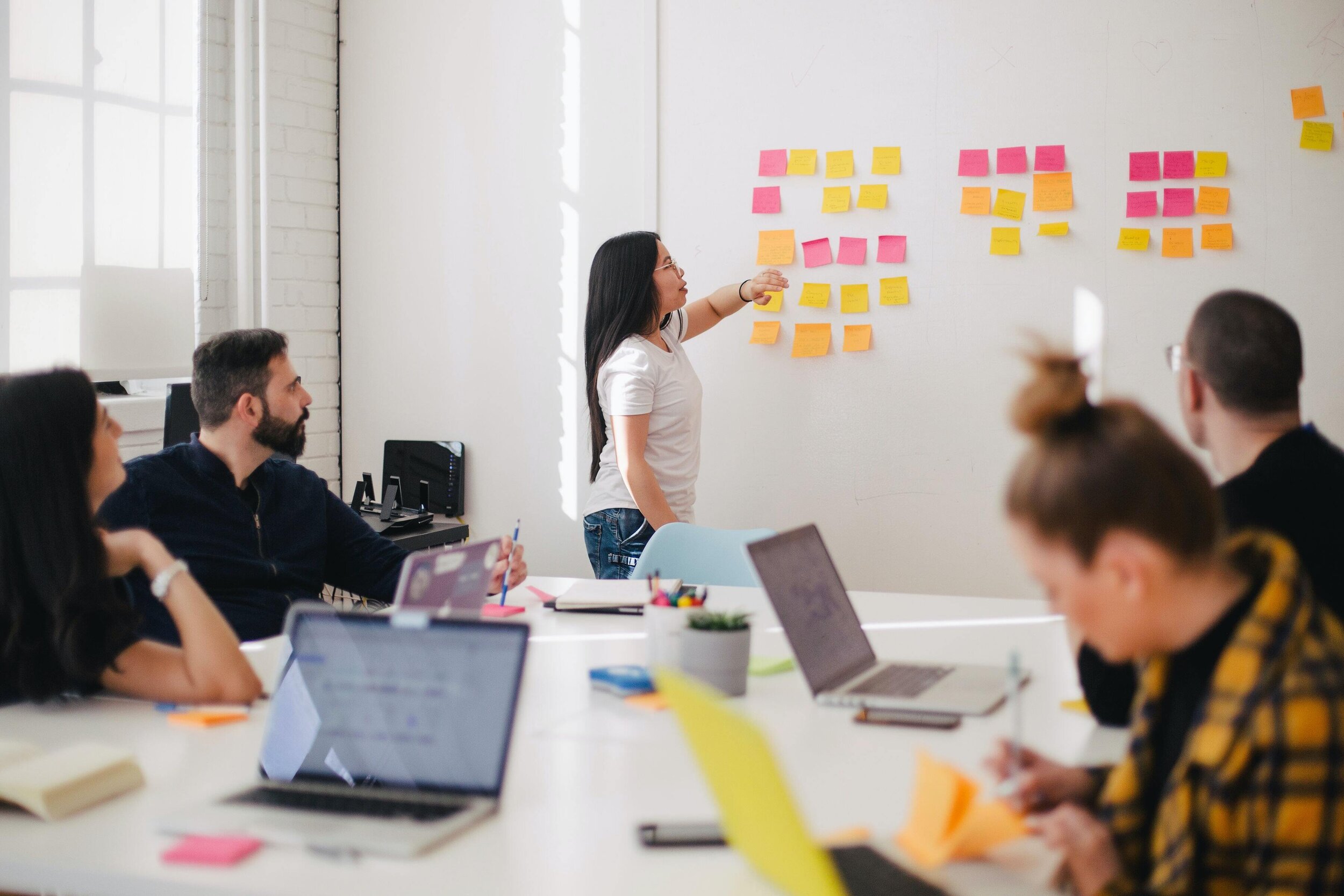The Learning Environment
Successful learning is an essential factor in achieving and maintaining high levels of sports performance (Shaw 2009). Athletes need to learn new training methods, new technical skills and new tactics as their sport evolves. Crucially, they also “need to learn from experience, form both victory and defeat, and remain open to new ideas” (Hauw 2009). This is to say, while athletes need to learn from coaches; they also need to learn from their own experiences.
The essential characteristics for this kind of learning have been identified in relation to the construct of self-regulation. Described by Zimmerman (2006) self-regulation is “the extent to which individuals are metacognitively, motivationally and behaviorally proactive participants in their own learning”. That is, self-regulation engenders successful learning and successful sports performance by helping individuals to be self-aware, independent and in control of their learning process.
This is as good a starting point as any to think about your team when it comes to learning. If we feel people are not “owning their learning” does our environment build self-regulation in these three aspects?
1. Are we developing their self-awareness by asking people to reflect on their experience?
2. Do we use these reflections to develop their motivation?
3. Does this result in them being proactive in their own learning?
References:
Hauw, D. (2009). Reflective practice in the heart of training and competition: the course of
experience analysis for enhancing elite acrobatics athletes’ performances. Reflective Practice
10. 3. 341–352
Shaw, D. (2009). An editorial thought-piece: might reflective learning be a mediator in
the development of mental toughness in sports coaches? Reflective Practice 10. 3, 365–366
Zimmerman, B.J. (2006). Development and adaptation of expertise: The role of self-
regulatory processes and beliefs. In K.A. Ericsson, N. Charness, P.J. Feltovich, &
R.R.Hoffman (Eds.), The Cambridge handbook of expertise and expert performance
(pp,705-722). New York: Cambridge University Press.
100 & First Research Team

